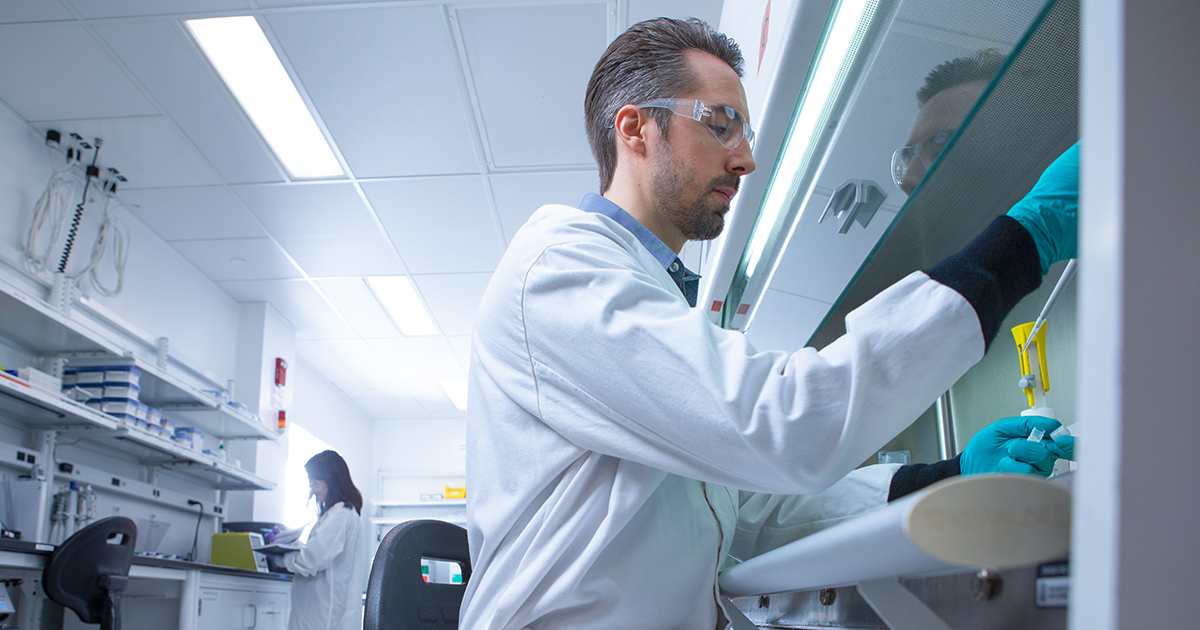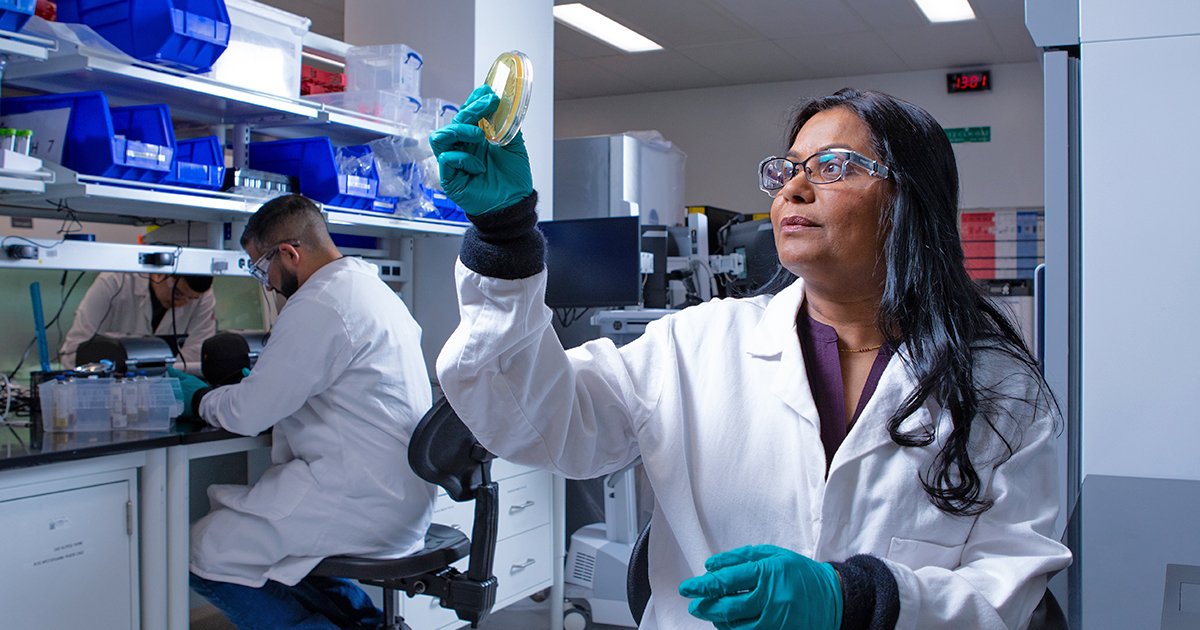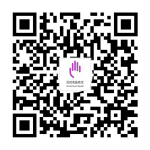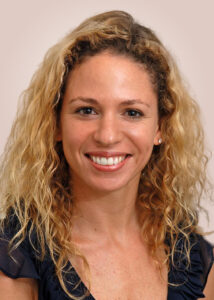
Today, we have access to more data than ever before. But the value of this data can only be realized if we are able to analyze, interpret and apply it. That’s where data science comes into play, and at BMS, our teams are using it to transform the way we discover and develop new medicines. Here, we take a look into how it manifests across Research and Early Development Departments (R&ED) at BMS.
“Data science is really a brand-new field,” said Nicole Glazer, Vice President of Knowledge Science Research in Informatics & Predictive Sciences. “People have been doing this type of work for many years, but it didn’t really coalesce around a true name or discipline with graduate degrees until about 10 years ago.”
Kofi Marfo, Associate Data Scientist, Automation and Assay Technology explained, “I think data science may seem like a buzzword, but it’s a powerful tool we can use to answer questions, leveraging not just the computer, but also artificial intelligence (AI) to do that.”
And at BMS, you can help uncover the answers to some of the most important questions involving difficult-to-treat diseases.
“Data science happens all across the company,” Nicole said. “From within Research and Early Development and our work in Informatics and Predictive Sciences, to Global Drug Development and through to our Business Insights and Analytics teams; within R&ED, my team is focused on how we can make data easier to use for computational research and machine learning.”
Putting data to work
A trained epidemiologist, Nicole was doing data science long before it was a “thing.”
“The nice thing about epidemiology is that you use loads of different types of data to answer questions, which essentially is data science,” she explained. “So, I didn’t intend to set out for a career in data science, I just like solving problems around data. And as it turns out, we’re using data more and more, so it was a good fit.”
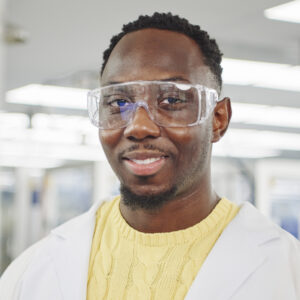
Kofi also loves a challenge and essentially fell into data science as well. His journey with BMS began three years ago in the Core Automation Group, where he was in charge of operating one of the automation platforms. From there, he transitioned into the Lead Profiling space, overseeing the lab, handling the Caco cell line and managing production runs. When the opportunity arose to transfer to the Data Science and Advanced Analytics group, he seized it, knowing his programming skills could be a good fit. That’s when he discovered his passion for the field—he’s even pursuing his master’s degree in data science, thanks to the support of his manager.
“Data is intriguing,” he said. “What is it trying to tell us, and what inferences can I get from this data to gain understanding or make predictions? You could apply these concepts in the stock market or something like that, but I get to leverage this tool to help solve diseases.”
In her Knowledge Science Research work, Nicole and her team are not only crunching more data but using new technologies to accelerate innovation.
“In R&ED, we’re using data in many more and complex ways because we’re actually trying to discover new drugs,” she said. “For example, we have to rapidly access, integrate and visualize data for our translational scientists so we can understand and make decisions faster, particularly in the early development space.”
With his programming skills, Kofi helps speed up that process by building the scientific applications that different BMS groups need to evaluate or manipulate data to get to a final outcome.
He explained, “A lot of the data analysis that goes on day-to-day can be tedious and manual, so developing some scientific apps helps support our scientists and buy back their time.” He also uses machine learning to answer some of these bigger questions that go beyond data analysis and into figuring out patterns and allowing algorithms to shed light into what Kofi calls “mysteries we couldn’t otherwise solve.”
Working in the Labs of the Future
What makes data science incredibly complex and exciting, according to Nicole, is the number of different data types you get to work with and the variety of problems to solve.
“BMS is really on the cutting edge in that respect,” she said. “We have an R&ED presence in locations across the globe and are building a research compute environment for the future, quickening the pace we can move from data to knowledge.”
And as with most endeavors at BMS, it all comes down to furthering science to transform lives.
“It’s exciting being able to really turn up your thinking and skillset, and then apply it in such an ideally meaningful way,” Kofi said. “Because the questions you end up answering can potentially extend human life.”
If you like a challenge and want to join a company that’s revolutionizing the future of science, pursue a transformative career in data science at BMS. As Nicole put it, “I would be hard-pressed to name another company where R&ED data science is more impactful, more embedded in the drug discovery and development pipeline. The investment and the support of leadership around this capability is really clear. And if you haven’t thought about BMS, you should.”
If you’re looking to do meaningful and interesting work that has global impact, you’ll find that with BMS R&ED—along with unparalleled opportunities for career growth. Learn more about careers at BMS today.
